The effects of light pollution on ecosystems
Do you remember standing on the field at Bivouac and gazing at the stars? The spectacle wouldn’t be visible near a city or even in your own backyard because of light pollution. Light pollution doesn’t just stop us from stargazing; it can also have detrimental effects on organisms and ecosystems that rely on darkness.
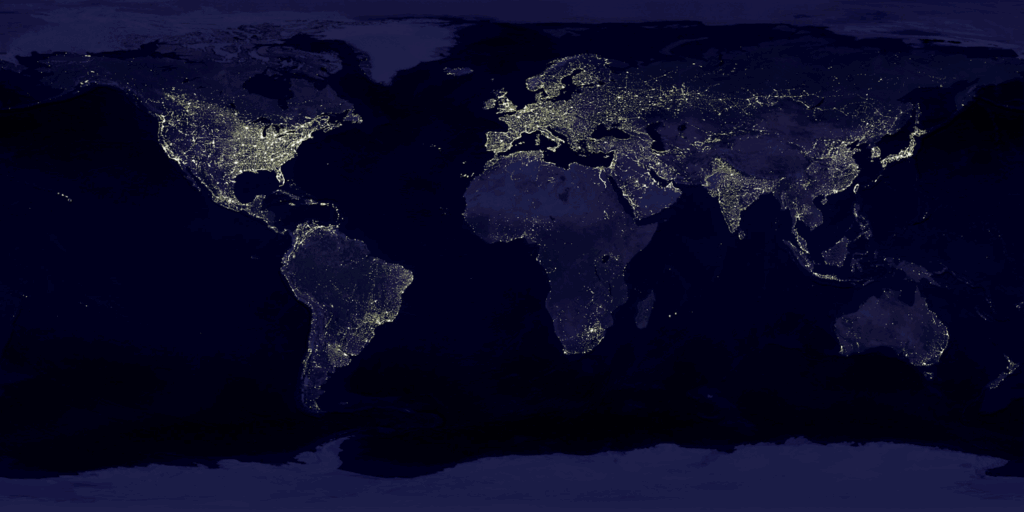
Whether from a fear of the dark or a need for visibility, mankind has constantly sought new methods of avoiding the dark. It began with fire, but quickly transitioned to more portable solutions, including candles and even oil lanterns. Now, with the power of electricity, we light up the planet 24/7. It seems that our continuous focus on progress has surpassed our understanding of consequences.
Light pollution, our constant artificial light surrounding Earth, has become an increasing danger. From 1992 to 2017, excess light has increased from somewhere between 50% and 270% (1). That means that over two and a half decades, we have continuously left on lights that were never used.
Life relies on the day and night cycle (2). Animals can either be nocturnal, meaning they sleep during the day and are active at night, or diurnal, which means they are active during the day and sleep at night. Just as humans once relied on the sun for time and orientation, countless other animals depend on light for survival (1).
Many types of birds navigate based on the stars and moonlight. With skyscrapers and bright dots on the horizon, these birds easily become confused and can lose their sense of direction (2). Though it might seem like a simple issue, their confusion often leads to fatal collisions with buildings, causing up to one billion bird deaths annually (3).
Similarly, insects and baby turtles are drawn to light sources. For bugs, the light induces them to stay near it until they are eventually eaten by other animals. This can drastically decrease their populations and cause groups to die out unless they reproduce fast enough (4). When a baby turtle hatches on the shore, it needs to walk toward the sea in order to survive, but with a bright source of light nearby, it often gets confused and wanders towards it instead, never making it to the ocean (2).

The effects of light pollution aren’t anything new for us. For centuries, humans hunted and fished using lights to attract and lure prey. Only now are we indirectly hurting populations (4).
The issue became clear in the 1970s when the quality of telescope visuals was extremely poor due to excess light interference. Now, it seems that excess light is increasing at a rate of about 10% every year (1).
While we can’t just turn off every light with a giant light switch, there are simple methods that everyone can take to limit the amount of excess light they create. Simple changes from lowering the placement of lights so that they only illuminate their directive instead of the surrounding environment, to installing motion sensors so that lights turn off when no one needs them can greatly reduce excess light (2). So next time you leave your bedroom light on, think not just of the power you’re using, but also of the animal trying to sleep in your backyard.
References
- Novoselov. (2024, February 20). How to dim the consequences of global light pollution. Institute of the Environment and Sustainability at UCLA. https://www.ioes.ucla.edu/article/how-to-dim-the-consequences-of-global-light-pollution/
- Light pollution harms wildlife and ecosystems. (2024, September 11). DarkSky International. https://darksky.org/resources/what-is-light-pollution/effects/wildlife-ecosystems/
- New Study Confirms Building Collisions Kill Over One Billion Birds Annually in U.S. (2024, August 7). American Bird Conservancy https://abcbirds.org/news/bird-building-collisions-study-2024
- Pollution. (2025). Florida Fish and Wildlife Conservation Commission. https://myfwc.com/conservation/you-conserve/lighting/pollution/

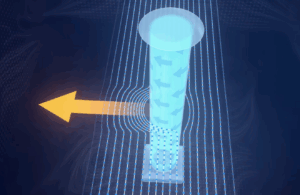
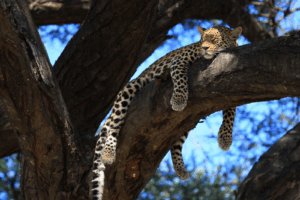
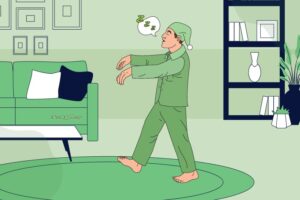
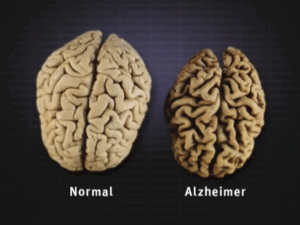

Comments are closed.